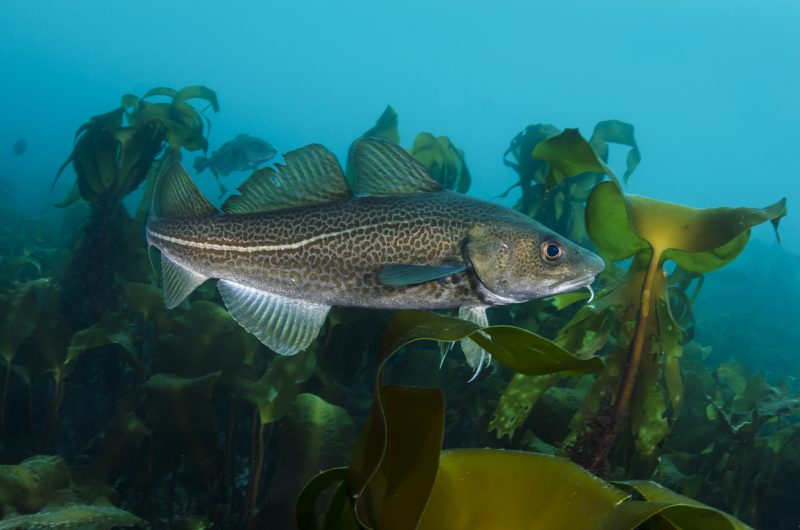One week before the beginning of 16th Conference of the Parties (COP16) to the Convention on Biological Diversity (CBD) in Cali, Colombia and a month away from the 29th Conference of the Parties (COP29) to the UN Framework Convention on Climate Change (UNFCCC), the Ocean & Climate Platform and Blue Marine Foundation, supported by 9 organisations, launch the policy brief “Blue Thread: Aligning National Climate and Biodiversity Strategies”. While countries are expected to submit new, more ambitious strategies to fight biodiversity loss and climate change, this brief explores how the ocean can provide integrated solutions to address these crises as one and the same, weaving a “blue thread” across the UN Convention on Biological Diversity (CBD) and the United Nations Framework Convention on Climate Change (UNFCCC).
Both adopted at the 1992 Earth Summit, the CBD and the UNFCCC are highly complementary. Despite the strong potential for alignment and cooperation, synergies between the two conventions remain insufficient, which undermines effective action on the ground at a time where we face the sixth mass extinction and ever-growing impacts of climate change. Interest for synergies has increased with the urgency to address these two interconnected crises, and some initial progress has been made since the adoption of the conventions’ implementing agreements – the Paris Agreement (2015) and the Global Biodiversity Framework (2022). However, there is a need to move beyond ad hoc cooperation and strengthen synergies, including at the implementation level.
Aligning national biodiversity and climate strategies will be crucial in this journey. Despite their overlapping and complementary nature, they are currently addressed as separate policy processes and institutional responsibilities at the national level. This year’s agenda favours further coordination and collaboration across national administrations, given that, for the first time, the two submission cycles overlap – with biodiversity strategies due in October 2024 and climate strategies due February 2025. Harmonising strategies could enhance policy coherence and amplify impact, including by maximising co-benefits and minimising trade-offs.
In this context, and given the ocean’s pivotal role in the intricate relationship between climate and biodiversity, ocean-based solutions have the potential to advance both the Global Biodiversity Framework and the Paris Agreement. From nature-based solutions to decarbonisation pathways, the ocean offers an array of solutions which are climate-smart and nature-positive, and can ensure an equitable and resilient future. To demonstrate this, the Ocean & Climate Platform and Blue Marine Foundation, with the support of 9* organisations, publish the policy brief “Blue Thread: Aligning National Climate and Biodiversity Strategies”. This new publication:
- Demonstrates that, despite separate mandates, the CBD and UNFCCC can effectively collaborate and support alignment at the national level.
- Explores how the Ocean Breakthroughs, and the ocean-based solutions they provide, can enhance policy coherence, efficiency, and impact across national strategies. By identifying turning points to reach by 2030 in five key ocean sectors – marine conservation, shipping, offshore renewable energy, aquatic food and coastal tourism, they act as a powerful catalyst to connect climate and biodiversity goals.
- Considers different levers and opportunities to accelerate and scale these solutions.
With the overlapping revision cycles for national climate and biodiversity strategies, the coming months present a unique and critical opportunity for more integrated governance. Looking forward, as UN Secretary General’s Special Envoy for the Ocean, Peter Thomson, urged, it is essential to “Bring it All Together”, ensuring that action proceeds with cohesion and pace. Indeed, the “blue thread” should be weaved beyond the climate and biodiversity conventions to encompass all relevant frameworks and agreements, creating a unified approach to ocean governance.
*The GIZ (Deutsche Gesellschaft für Internationale Zusammenarbeit GmbH), the NDC Partnership, Ocean Conservancy, Ørsted, Plymouth Marine Laboratory, The Nature Conservancy, The Pew Charitable Trusts, Rare, and the UNSW Centre for Sustainable Development Reform.


















